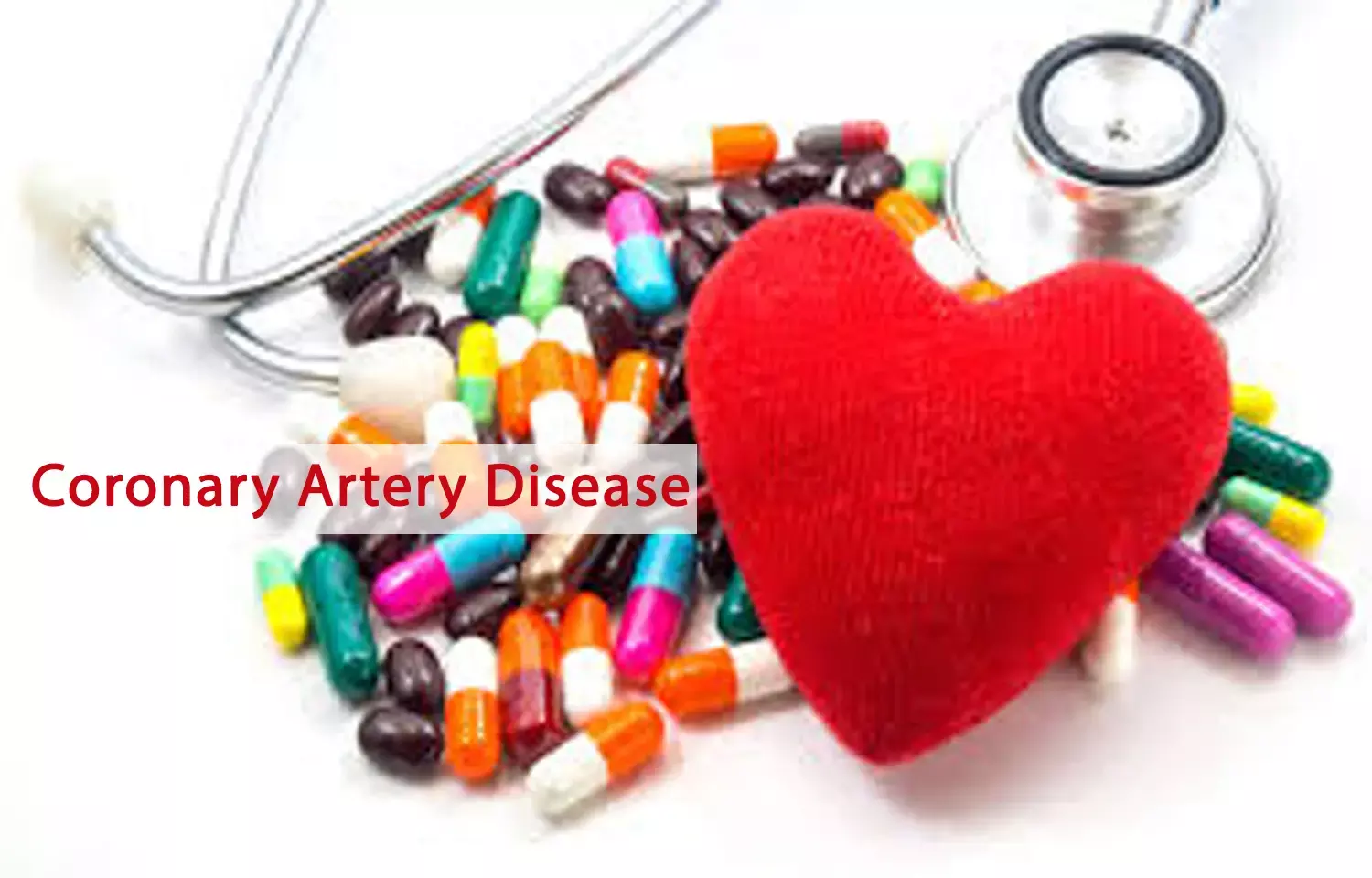- Home
- Medical news & Guidelines
- Anesthesiology
- Cardiology and CTVS
- Critical Care
- Dentistry
- Dermatology
- Diabetes and Endocrinology
- ENT
- Gastroenterology
- Medicine
- Nephrology
- Neurology
- Obstretics-Gynaecology
- Oncology
- Ophthalmology
- Orthopaedics
- Pediatrics-Neonatology
- Psychiatry
- Pulmonology
- Radiology
- Surgery
- Urology
- Laboratory Medicine
- Diet
- Nursing
- Paramedical
- Physiotherapy
- Health news
- Fact Check
- Bone Health Fact Check
- Brain Health Fact Check
- Cancer Related Fact Check
- Child Care Fact Check
- Dental and oral health fact check
- Diabetes and metabolic health fact check
- Diet and Nutrition Fact Check
- Eye and ENT Care Fact Check
- Fitness fact check
- Gut health fact check
- Heart health fact check
- Kidney health fact check
- Medical education fact check
- Men's health fact check
- Respiratory fact check
- Skin and hair care fact check
- Vaccine and Immunization fact check
- Women's health fact check
- AYUSH
- State News
- Andaman and Nicobar Islands
- Andhra Pradesh
- Arunachal Pradesh
- Assam
- Bihar
- Chandigarh
- Chattisgarh
- Dadra and Nagar Haveli
- Daman and Diu
- Delhi
- Goa
- Gujarat
- Haryana
- Himachal Pradesh
- Jammu & Kashmir
- Jharkhand
- Karnataka
- Kerala
- Ladakh
- Lakshadweep
- Madhya Pradesh
- Maharashtra
- Manipur
- Meghalaya
- Mizoram
- Nagaland
- Odisha
- Puducherry
- Punjab
- Rajasthan
- Sikkim
- Tamil Nadu
- Telangana
- Tripura
- Uttar Pradesh
- Uttrakhand
- West Bengal
- Medical Education
- Industry
Coronary artery calcium may help determine lung cancer patients' CV risk during radiation treatment

Lung cancer patients with higher amounts of coronary artery calcium have an increased risk of an adverse cardiovascular event as a result of thoracic radiation therapy compared to patients with no coronary artery calcium. The study is being presented at the American College of Cardiology's Advancing the Cardiovascular Care of the Oncology Patient virtual course on Feb. 11-12, 2022.
Lung cancer is the second most common type of cancer for both men and women and more than 200,000 cases are diagnosed each year. Lung cancer includes small cell lung cancer and non-small cell lung cancer. Non-small cell lung cancer makes up more than 80% of lung cancer diagnoses. Radiation therapy is a common and effective treatment option for lung cancer, but it has been linked to heart or vascular problems during treatment and later in a patient's life.
Researchers at Washington University in St. Louis looked at non-small cell lung cancer patients who underwent non-contrast chest CT scans for treatment planning between 2001 to 2014 to evaluate coronary artery calcium. Coronary artery calcium scans measure the amount of calcium deposits in the heart's arteries and are often a sign of plaque buildup, which can lead to a person developing heart disease or having a heart attack or stroke.
"Recognizing patients with a high burden of coronary artery calcium allows for the implementation of risk modification therapies to reduce cardiovascular risk, such as aspirin and statin therapy. In addition, recognizing cardiovascular risk allows the care team to make a better assessment of the patient's overall prognosis, which can guide therapy choice and goals of care discussions," said Matthew Lui, MD, an internal medicine resident at Washington University in St. Louis and the study's lead author.
Patients were stratified into no, mild, moderate and severe coronary artery calcium groups. Data on demographics, comorbidities and radiation treatment characteristics were also gathered for inclusion. The researchers then assessed the incidence of major adverse cardiovascular events, such as heart attack or stroke, after initiation of radiation therapy across the coronary artery calcium groups.
The study included 155 patients, which included 41 patients with no coronary artery calcium, 45 patients with mild coronary artery calcium, 39 patients with moderate coronary artery calcium and 30 patients with severe coronary artery calcium. There were three major adverse cardiovascular events in the no coronary artery calcium group, seven events in the mild group, five in the moderate group and five in the severe group. Average and max radiation dose to the heart were not associated with a major adverse cardiovascular event in the researchers' time to event analysis. After adjusting for age and sex, coronary artery calcium group was associated with increased risk of major adverse cardiovascular events. When compared to no coronary artery calcium, the mild group was associated with 11.7 times increased risk for a major adverse cardiovascular event and severe coronary artery calcium had a 21.4 times increased risk. Moderate coronary artery calcium showed a trend toward increased risk.
"Coronary artery calcium burden is an important risk factor in patients with non-small cell lung cancer undergoing thoracic radiation and may be a useful indicator in cardiac risk-stratification of these patients," Lui said. "We believe further study evaluating the utility of coronary artery calcium burden in determining cardiovascular risk in other cancer populations is warranted and can help validate coronary artery calcium burden across different populations."
Hina Zahid Joined Medical Dialogue in 2017 with a passion to work as a Reporter. She coordinates with various national and international journals and association and covers all the stories related to Medical guidelines, Medical Journals, rare medical surgeries as well as all the updates in the medical field. Email: editorial@medicaldialogues.in. Contact no. 011-43720751
Dr Kamal Kant Kohli-MBBS, DTCD- a chest specialist with more than 30 years of practice and a flair for writing clinical articles, Dr Kamal Kant Kohli joined Medical Dialogues as a Chief Editor of Medical News. Besides writing articles, as an editor, he proofreads and verifies all the medical content published on Medical Dialogues including those coming from journals, studies,medical conferences,guidelines etc. Email: drkohli@medicaldialogues.in. Contact no. 011-43720751


